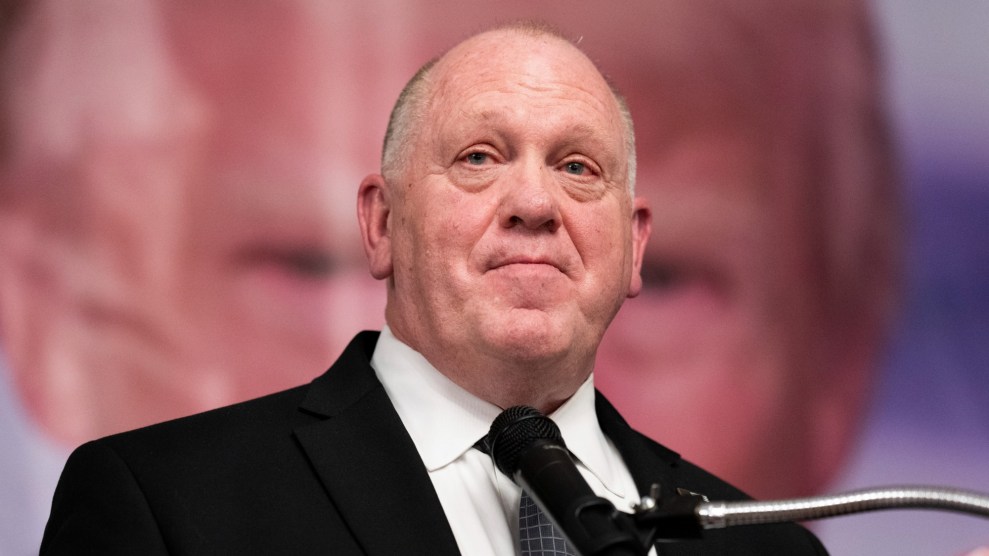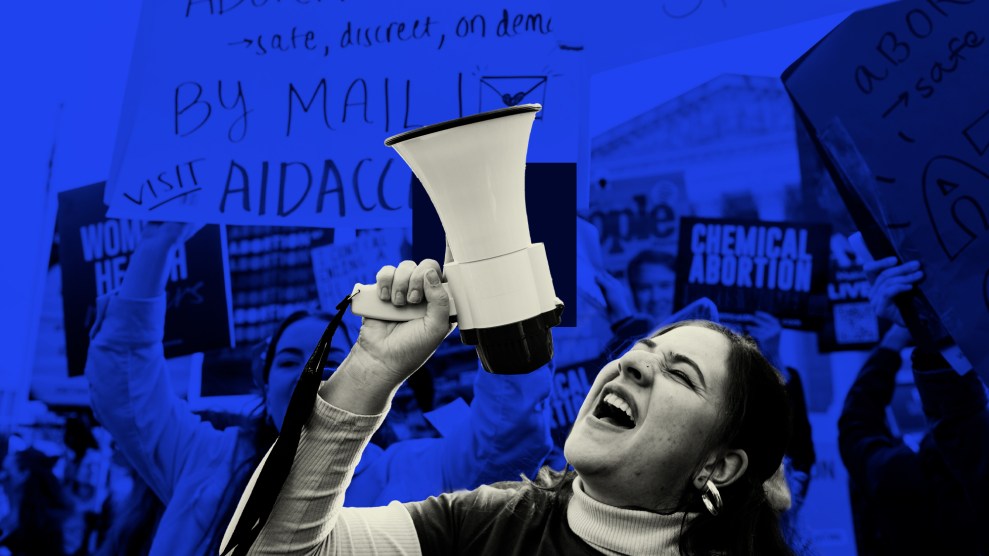Tyler Cowen points today to some interesting new research on government spending. Three researchers at Harvard took a look at what happened to federal earmarks when a state’s senator or congressman took over chairmanship of a key appropriations committee. Answer: the state’s earmarks went up a bunch (by 50% for senators and 20% for House members). No surprise there. So what happens to economic activity after this bounty starts pouring in? From the paper:
Seniority shocks result in economically and statistically significant declines in firm capital expenditures. Across all measures of seniority, the declines are large and highly significant….The coefficient implies a 1.2% drop in scaled capital expenditures []. Since firms have average capital expenditures of 8 percent of assets, Senate chairmanship causes a roughly 15 percent reduction in the representative firm’s capex.
Italics mine. So when federal spending goes up in a random way (committee chairmanships are generally unrelated to broader economic activity), capital expenditures by private industry goes down. A lot. Researcher Joshua Coval takes a crack at explaining why:
Some of the dollars directly supplant private-sector activity — they literally undertake projects the private sector was planning to do on its own. The Tennessee Valley Authority of 1933 is perhaps the most famous example of this. Other dollars appear to
indirectly crowd out private firms by hiring away employees and the like. For instance, our effects are strongest when unemployment is low and capacity utilization is high. But we suspect that a third and potentially quite strong effect is the uncertainty that is created by government involvement.
Italics mine again. These are interesting results. But they need some followup. Even if you believe that government spending crowds out private spending in a serious way, the effect here is enormous. How can you possibly get an 8% drop in private sector capital expenditures from the relatively trivial increase in federal spending that comes from earmarks? There has to be something more to this story.
On the other hand, it makes perfect sense that whatever effect there is, is more pronounced when unemployment is low. That’s exactly when you’d expect government spending to crowd out private sector spending. However, it probably doesn’t tell us much about current stimulus spending, which is taking place in an environment of zero-bound monetary policy and extremely high unemployment. We haven’t had an environment like that since the Great Depression, which means that empirical evidence one way or the other on this kind of federal spending is just very hard to come by. I’d certainly be surprised if the 2009 stimulus bill provoked any significant private sector crowding out.

















